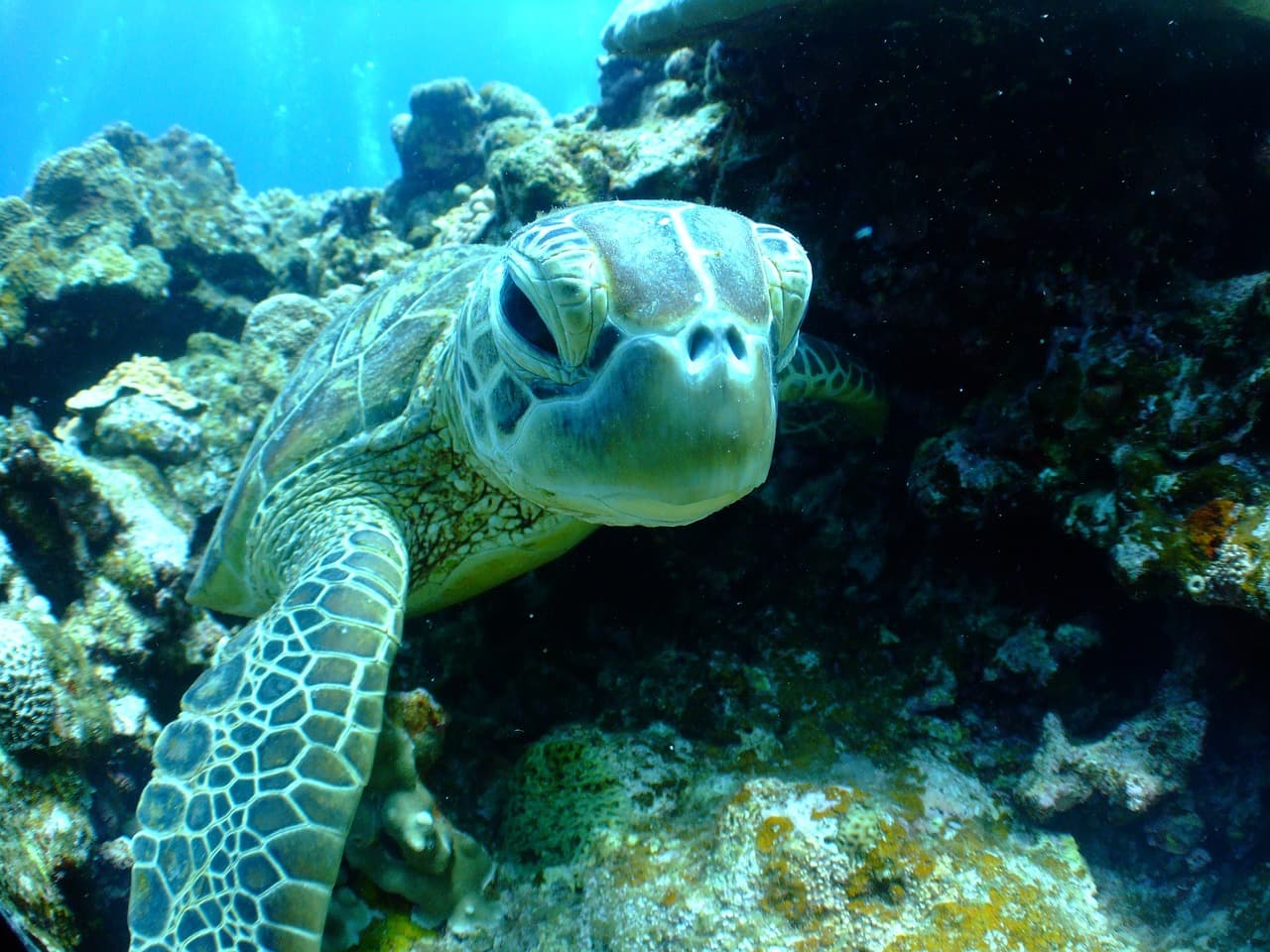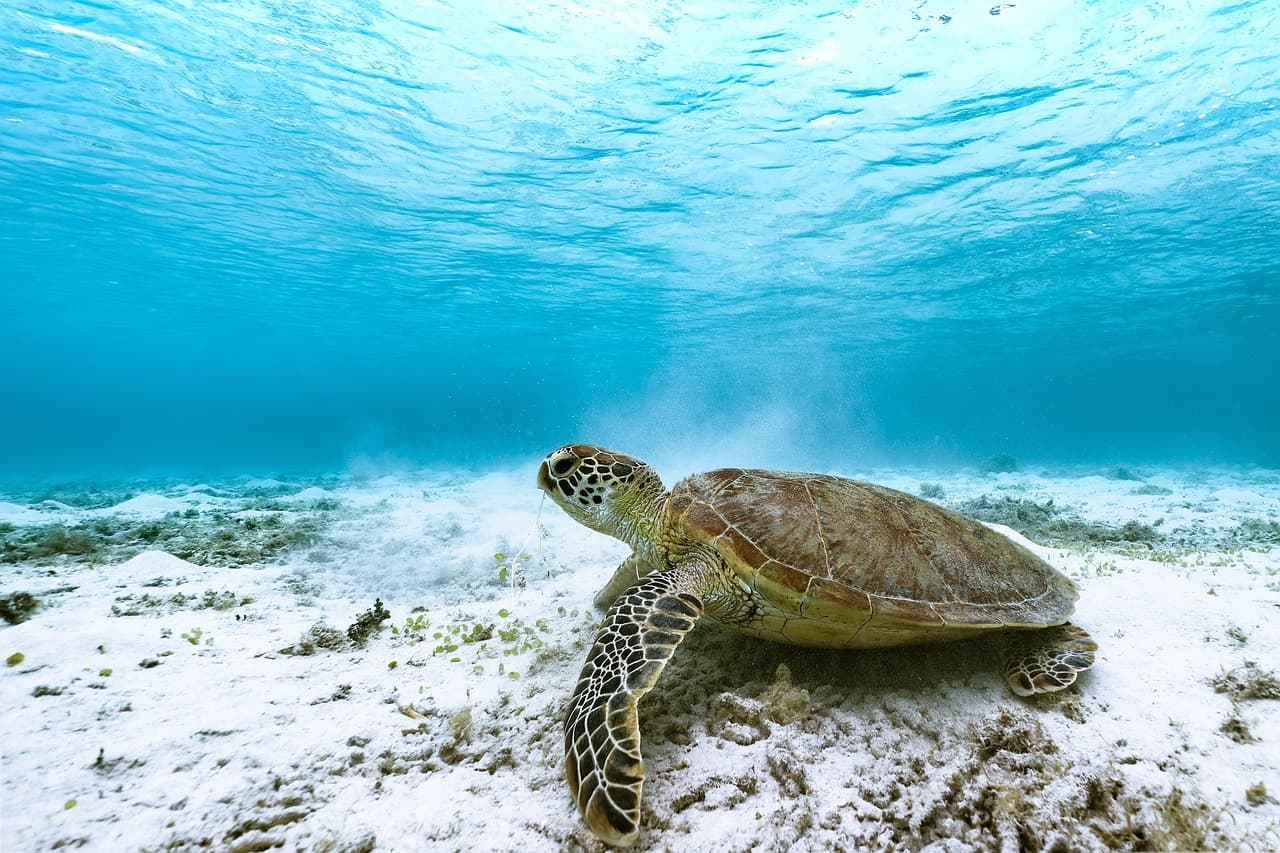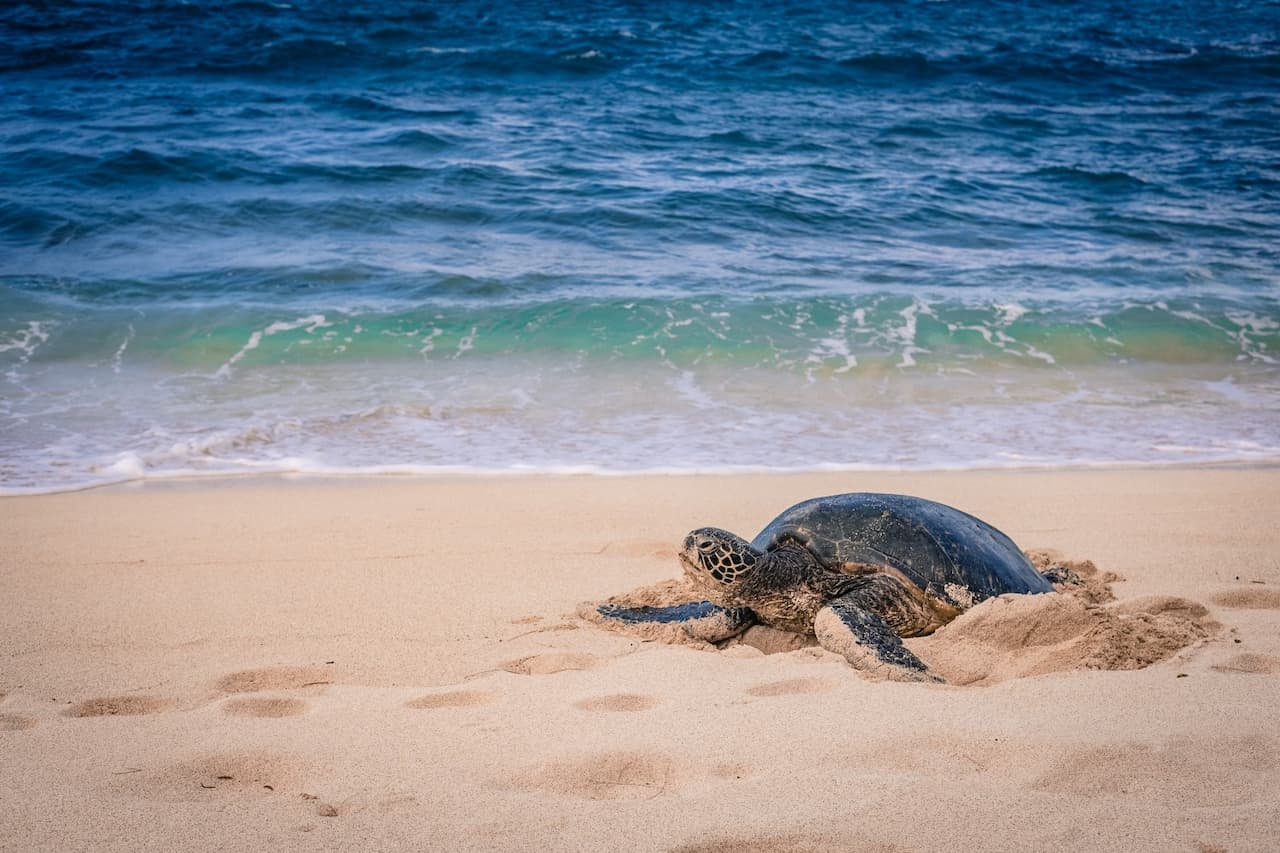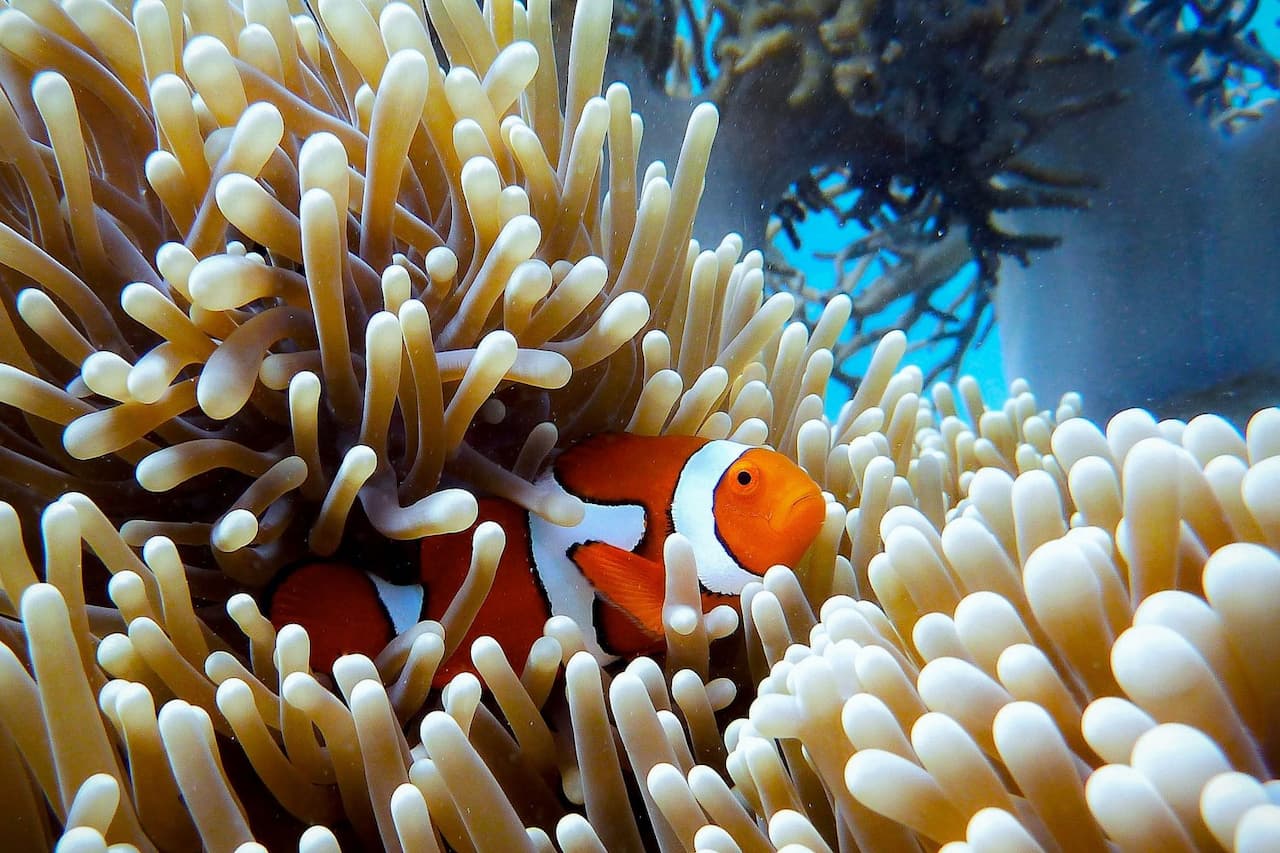Plastic pollution has emerged as a severe environmental crisis, with its effects permeating almost every aspect of our ecosystems. Among the most affected are marine species, particularly sea turtles, which have roamed our oceans for over 100 million years. These ancient creatures now face unprecedented threats from the growing prevalence of plastic waste in their habitats. While large-scale solutions are necessary, there is also tremendous power in individual actions. By making small, conscious changes in our daily routines, we can contribute to protecting sea turtles and reducing plastic pollution. This article delves into the impact of plastic on sea turtles and explores practical alternatives that can make a meaningful difference.
The Impact of Plastic on Sea Turtles
Sea turtles are emblematic of the detrimental effects of plastic pollution on marine life. Due to their feeding behaviour and migratory patterns, these creatures are particularly susceptible to ingesting plastic. Sea turtles often mistake floating plastic bags, balloons, and other debris for jellyfish, one of their primary food sources. Once ingested, plastic can cause blockages in their digestive systems, leading to malnutrition, internal injuries, and, in many cases, death. Research has shown that even small amounts of ingested plastic can be fatal, as the accumulation of debris over time can cause significant harm to the turtles’ health.
Beyond ingestion, sea turtles also face risks from entanglement in discarded fishing nets, plastic packaging, and other debris. This entanglement can restrict their movement, leading to physical injuries, drowning, or making them more vulnerable to predators. The presence of microplastics—tiny plastic particles that result from the breakdown of larger plastic items—further exacerbates the issue. Microplastics are virtually impossible to avoid in the ocean, affecting sea turtles from hatchlings to adults. These microplastics not only infiltrate their bodies but also contaminate the food chain, leading to broader ecological consequences.
Everyday Changes to Reduce Plastic Use
While the scope of plastic pollution might seem daunting, the cumulative effect of individual actions can lead to significant change. Here are some practical steps you can take to reduce plastic usage and help protect sea turtles:
Reusable Bags and Containers
One of the simplest yet most effective ways to reduce plastic waste is by using reusable bags and containers. Single-use plastic bags are among the most common items found in marine debris. By opting for a sturdy, reusable shopping bag, you eliminate the need for dozens, if not hundreds, of plastic bags each year. Similarly, replacing single-use plastic containers and water bottles with reusable alternatives can drastically reduce your plastic footprint. Stainless steel, glass, and BPA-free plastic containers are excellent options for storing food and beverages without generating waste.
Bamboo and Metal Alternatives
Replacing common plastic household items with bamboo or metal alternatives is another impactful way to reduce plastic consumption. For example, switching to a bamboo toothbrush can prevent around 12 plastic toothbrushes from ending up in the ocean every year. Metal straws, reusable cutlery, and even metal razors are other sustainable options that reduce the need for disposable plastic items. These materials are durable, recyclable, and, in the case of bamboo, biodegradable, ensuring that they won’t contribute to long-term environmental damage.
Conscious Consumer Choices
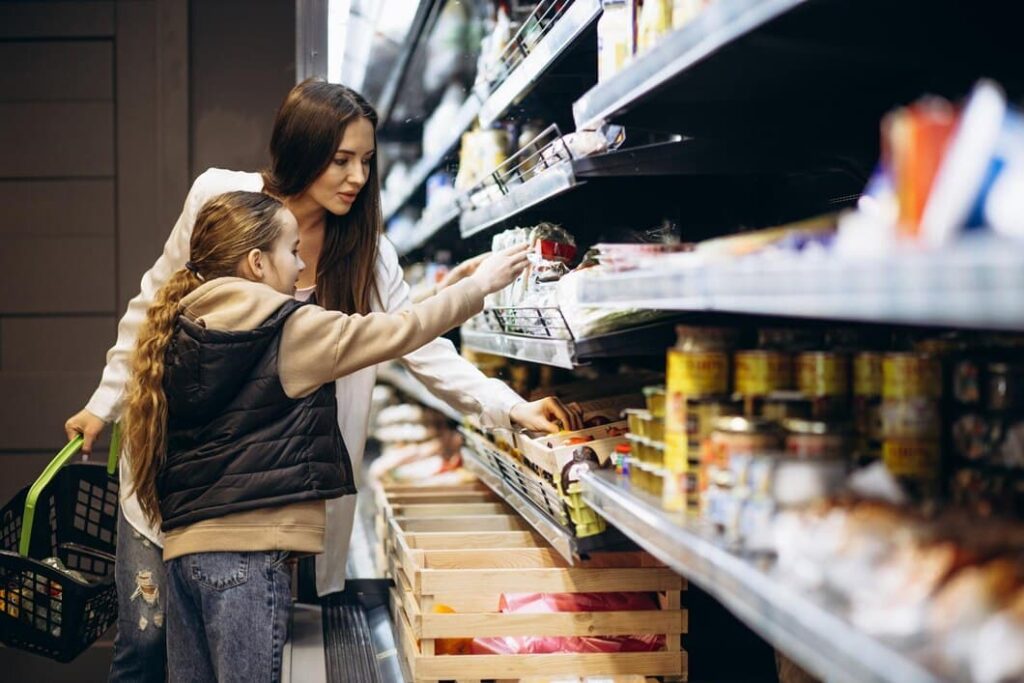
Consumer habits play a critical role in driving demand for plastic products. By making mindful decisions, you can help shift the market towards more sustainable practices. Start by choosing products with minimal or no plastic packaging. Many companies are now offering alternatives packaged in glass, metal, or cardboard. When shopping for groceries, bring your own produce bags and opt for loose items instead of pre-packaged ones. Additionally, supporting brands that prioritise sustainability can further drive change in the industry.
DIY Household Products
Homemade household products are an excellent way to avoid the plastic packaging associated with commercial goods. From cleaning solutions to personal care items like soap, shampoo, and deodorant, there are countless recipes online that use simple, natural ingredients. Not only do these DIY products reduce plastic waste, but they are also often free from harmful chemicals, making them better for your health and the environment.
Participating in Clean-Up Initiatives
In addition to reducing your own plastic use, participating in local clean-up initiatives can have a direct impact on the environment. Beach clean-ups, river clean-ups, and local litter-pick events are great opportunities to remove plastic waste from ecosystems before it reaches the ocean. These efforts, though seemingly small on an individual level, collectively contribute to the health of marine habitats. Moreover, participating in such events raises awareness and encourages others to take action against plastic pollution.
Educating and Advocating
Beyond personal actions, educating others about the impact of plastic pollution on sea turtles and advocating for larger systemic changes are crucial. Share information with friends, family, and your community about the importance of reducing plastic use. Support legislation that aims to reduce plastic production, increase recycling rates, and protect marine environments. By raising your voice, you contribute to a broader movement that seeks to address the root causes of plastic pollution.
Why Every Action Counts
The challenge of plastic pollution can often feel overwhelming, leading many to question the value of individual efforts. However, it’s important to remember that collective small actions can lead to significant change. For sea turtles, even a slight reduction in the amount of plastic entering the ocean can have life-saving consequences. Each piece of plastic you refuse, recycle, or remove from the environment is one less threat to these ancient mariners.
Moreover, individual actions have a ripple effect. By choosing to adopt plastic alternatives, you inspire others to do the same. This growing wave of awareness and action can drive larger systemic changes, influencing policy, business practices, and global attitudes towards plastic use.
In conclusion, while the fight against plastic pollution is a complex and ongoing battle, the power to make a difference lies in our hands. By making conscious choices to reduce plastic use, adopting sustainable alternatives, and advocating for broader change, we can help protect sea turtles and ensure that they continue to thrive in our oceans. Your small changes today can make a big difference tomorrow—not just for sea turtles, but for the entire planet.
